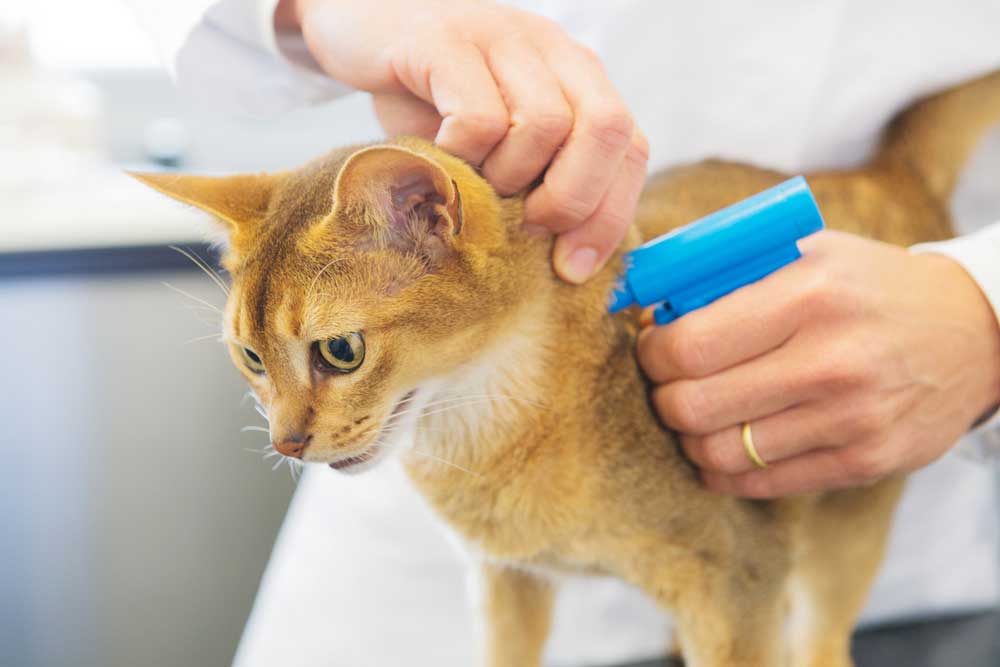As a responsible pet owner, you want to do everything you can to keep your beloved cat safe and healthy. One option that has gained popularity in recent years is and microchipping your feline friend. But what exactly is microchipping, and is it the right choice for you your furry companion?
What is Microchipping?
As a responsible pet owner, you want to do everything you can to keep your beloved cat safe and healthy. One option that has gained popularity in recent years is and microchipping your feline friend. But what exactly is microchipping, and is it the right choice for you your furry companion?
Pros of Microchipping Your Cat
- Increased chances of being reunited with your pet: One of the main benefits of microchipping your cat is the increased chance of being reunited if they become lost or stray. Cats are naturally curious creatures and may wander off, especially if they are outdoor cats. If your cat is microchipped and they are found by someone, it can be scanned and returned to you quickly and safely.
- Permanent identification: Unlike a collar and tags, which can easily fall off or be removed, a microchip is a permanent form of identification. This means that even if your cat loses their collar or the tags become unreadable, it can still be identified and returned to you.
- Quick and relatively painless procedure: The process of implanting a microchip is quick and relatively painless for your cat. It is typically done during a routine visit to the veterinarian and only takes a few minutes.
Cons of Microchipping Your Cat
- Cost: While the cost of microchipping your cat is relatively low, it is still an added expense that may not be feasible for everyone.
- Risk of complications: While the risk of complications from microchipping is low, it is still possible for your cat to experience adverse effects such as infection, swelling, or allergic reactions.
- Not a replacement for other identification methods: While microchipping can be a helpful addition to other identification methods, it should not be relied upon as the sole means of identification. Collars and tags are still important in case the microchip fails or is not detected.
Should You Microchip Your Cat?
The decision to microchip your cat is a personal one and should be based on your individual circumstances and needs. If you have an indoor cat that rarely ventures outside, the risk of them becoming lost may be lower, and microchipping may not be as necessary. However, if you have an outdoor cat or live in an area with a high stray population, microchipping may be a good option to consider.
It's also important to remember that microchipping is just one tool in the toolkit for keeping your cat safe and healthy. Other identification methods such as collars and tags, as well as regular vet check-ups and preventative care, are also important for your cat's overall well-being.
In conclusion, microchipping your cat has both pros and cons, and the decision to do so should be based on your individual circumstances and needs. While it can increase the chances of being reunited with your pet if they become lost, it is not a replacement for other identification methods and carries a small risk of complications. As with any medical procedure, it's important to weigh the potential benefits and risks and consult with your veterinarian before making a decision.



